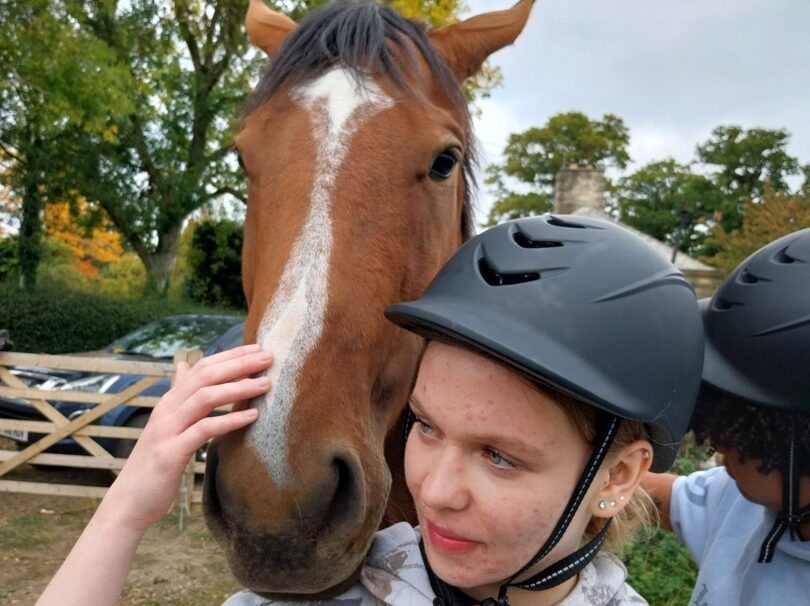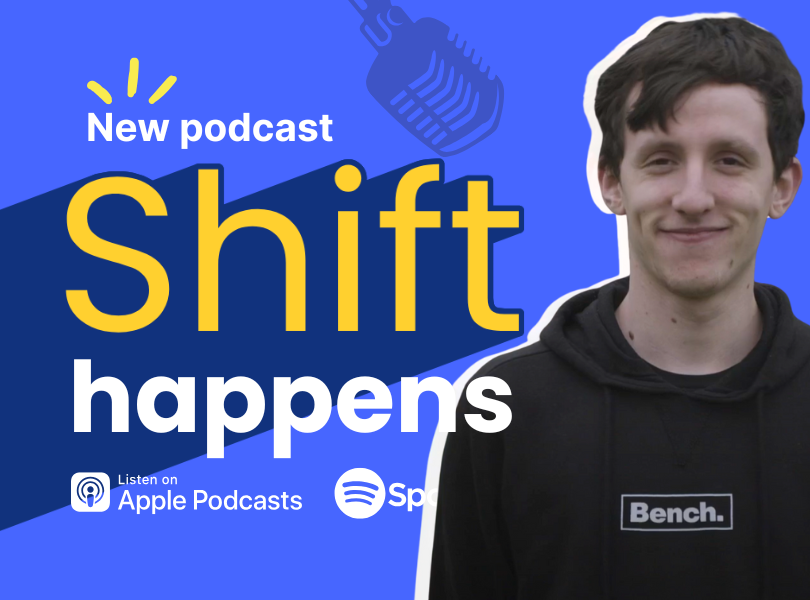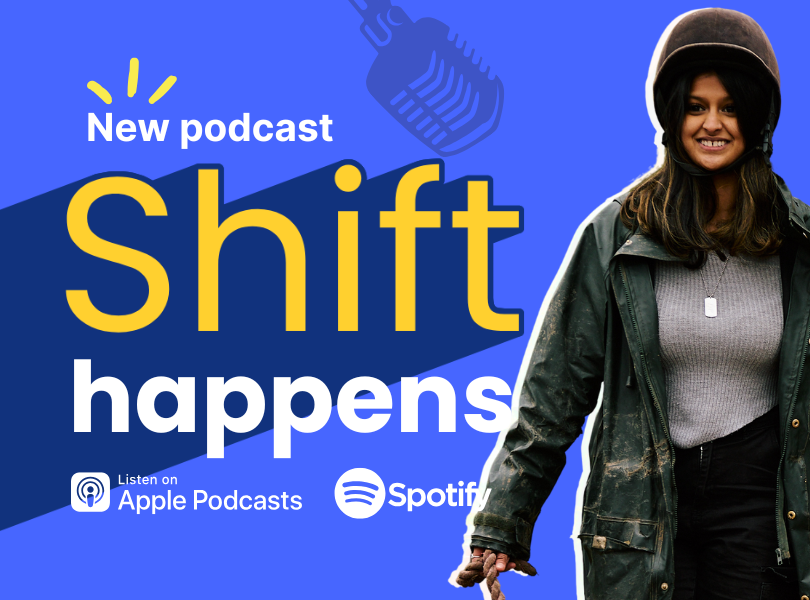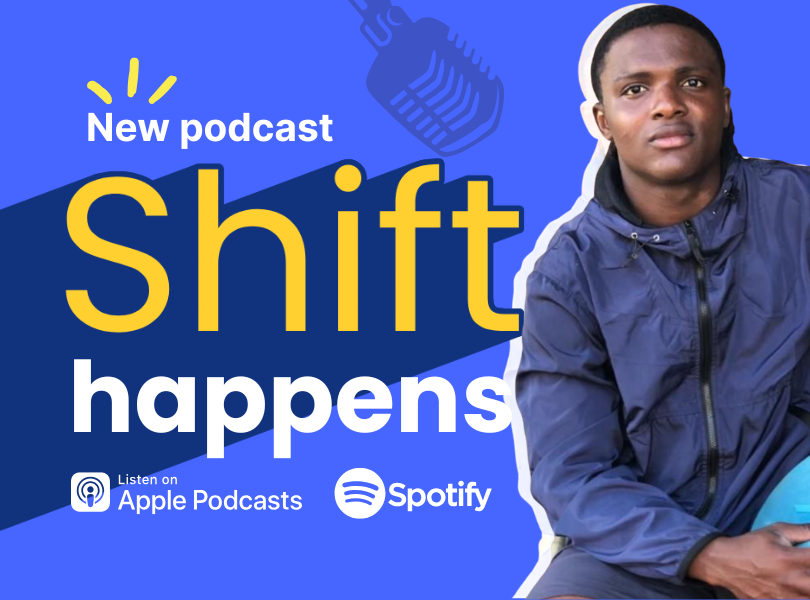The recent report on Sure Start clearly shows money well spent, with evidence showing improving mental, emotional and physical health down the line for young people, and a saving of financial costs to society (The health impacts of Sure Start, August 2021). What a tragedy that it is no longer government funded. Prevention has to better than cure and children deserve more than one chance. Jamie’s Farm was initiated as a charity to do preventative work.
Jamie’s Farm was founded on the principle – act now or the cost rises with time. For those of us working in education and mental health it was clear many children were heading towards a cliff. We did not want to stand by and watch these children crash. We know that once a child is excluded from school their life chances are very poor. Less than 2% of excluded learners get a good pass in English and maths, and there is a strong link with criminal involvement – half of the prison population are estimated to have been excluded at school. Over their lifetime, each excluded young person costs society £370,000 (‘Making the Difference’: 2017 IPPR report into exclusion). This sits at the heart of what we do and our stats tell us that early intervention can make a difference. Of those young people at risk of exclusion from mainstream school, 60% were no longer at risk 6 months after visiting Jamie’s Farm (2018-19 academic year data).
Our programme is successful if it helps turn these children around towards a future as caring adults who have the confidence to contribute to society, and raise families themselves and who in turn will reap the benefits of their parents wellbeing.
Children are malleable and positive change is possible and evidenced. Neuroscience has shown how brains are still forming and changing. Once we reach adulthood many problems that are the result of growing up in stressful families (living with the anxieties that poverty brings) become more embedded and insoluble. Addiction, poor mental health, violence, crime are all things disaffected young people drift towards when they have nothing to lose. The cost to society of these problems is incalculable. Spending on children’s wellbeing has to be one of the most logical investments a society can make. Do we have to stand by and wait and watch a downward spiral in life chances when we know we can avoid this?
In many European countries good practice has demonstrated the benefit of early investment. Jamie’s Farm evidence shows that we should not give up on them but indeed do all we can to reroute them onto the tracks that lead to developing positive adults who will in turn know how to support their families. We need more preventive interventions to save costs in the long run and successive governments to keep putting children at the front of the agenda and continue practices that are making the difference.



